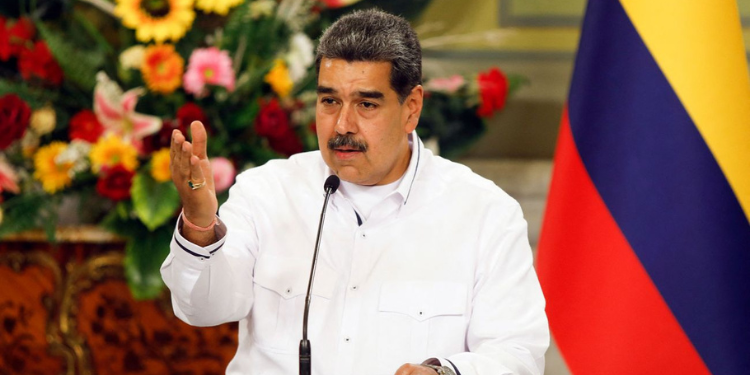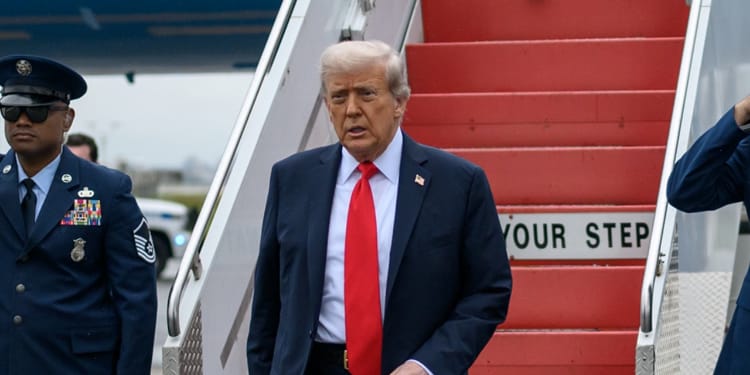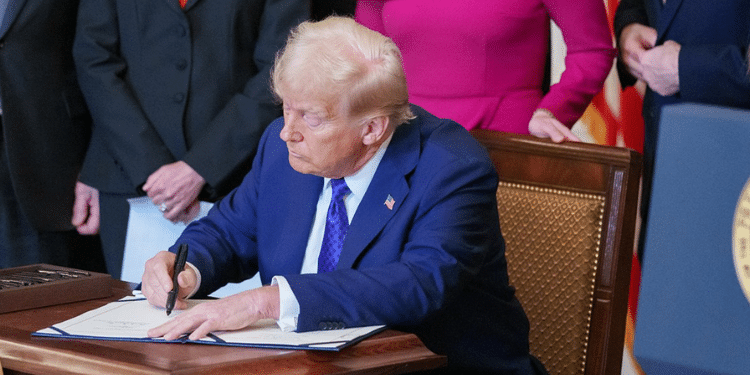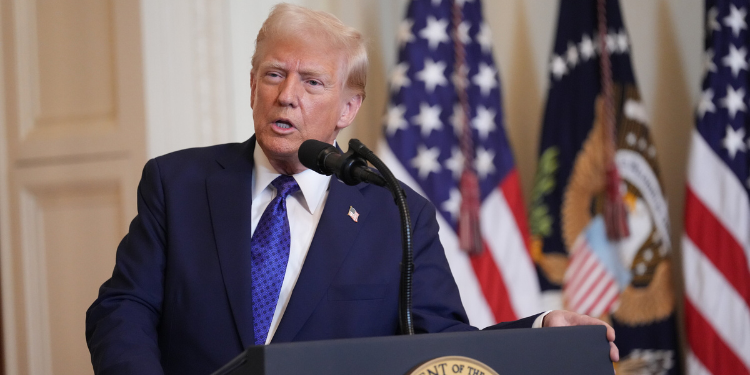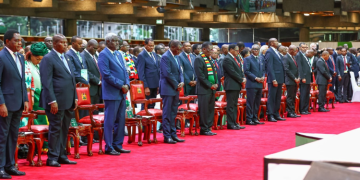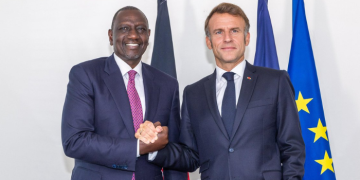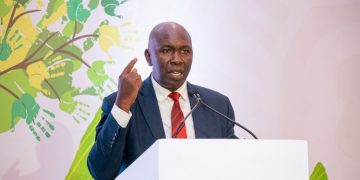U.S President Donald Trump has continued his pursuit to take over Venezuela’s massive oil reserves and is considering military options to control the world’s largest oil reserves, estimated at more than 300 billion barrels.
In private talks with senior officials and aides in recent weeks, Trump has held high-level meetings to review plans ranging from targeted strikes on Venezuelan forces to seizing strategic oil fields.
Officials say the administration is seeking legal grounds to classify President Nicolás Maduro as a “narco-terrorist,” a move that would allow military action without congressional approval.
The Justice Department is drafting guidance to support this approach, citing alleged links between Maduro and criminal networks, a claim critics like Senator Adam Shliff and Felix Cook dispute.
Tensions Escalate
The tension escalated after the deployment of the USS Gerald R. Ford, America’s largest aircraft carrier, to the Caribbean.
The Ford, accompanied by three destroyers, joins eight other U.S. warships and thousands of troops already in the region.
Defence Secretary Pete Hegseth said the mission, called Southern Spear, aims to dismantle drug networks and remove narco-terrorists.
The scale of the buildup has led many security analysts to suggest that President Donald Trump may have broader objectives, including a possible regime change.
Trump has publicly framed the operation in Venezuela as a fight against drug smuggling, a major issue in Venezuela for several decades, with its roots traceable to the 1970s, but becoming a serious, long-standing national and regional problem from the 1980s onward.
Trump’s Way
Since September, U.S forces have carried out at least 19 strikes on suspected drug vessels, killing more than 70 people.
This is a sharp shift from earlier interdictions, whereby Trump’s military was fully focused on making arrests and imprisoning the culprits.
Venezuela has called the killings unlawful and has accused Trump of using narcotics as an excuse to start a war.
President Nicholas Maduro has responded swiftly, deploying 200,000 troops, backed by air, naval, and missile units, in nationwide drills aimed at strengthening command and deterring what Venezuela has termed an imperialist threat.
Oiled Standoff
Behind the diplomatic and military tension lies a contest for energy dominance over the world’s largest proven oil reserves, estimated at over 300 billion barrels, surpassing even Saudi Arabia.
Control of these resources would give any nation a powerful advantage in global energy markets.
While Trump has avoided directly linking military plans to oil, senior officials and analysts acknowledge that access to Venezuela’s reserves is a strategic consideration.
Energy experts have also warned that any U.S. intervention could disrupt global supply chains, drive up prices, and reshape alliances in the oil trade.
For the U.S, securing influence over these reserves would strengthen its position against rivals such as China and Russia, both of which maintain close ties with Nicholas Maduro’s Venezuela.
For Maduro, the oil fields represent not only economic survival but also a bargaining chip to resist foreign pressure.
Also Read: Relentless Zelenskyy Takes Russia’s City of Orel Overnight
This struggle for resources has long added a greater instability to an already dangerous standoff.
Why Trump Refused Maduro’s Offer
According to multiple reports, Maduro privately offered the Trump administration preferential access to Venezuela’s vast oil and gold reserves in exchange for easing hostilities.
The proposal included opening all current and future energy projects to U.S companies, granting favorable contracts, and redirecting oil exports from China to the United States.
Maduro also signalled willingness to scale back deals with Iran, Russia, and China—longtime allies of Venezuela—in an effort to normalize relations and avoid military confrontation with the U.S.
Accepting the deal would have given the U.S. access to Venezuelan oil without regime change, but Trump’s advisers argued that leaving Maduro in power would allow him to renegotiate later or align again with U.S. rivals like China and Russia.
Also Read: Trump Deploys Long-Range Strategic Bomber to Central Europe
Backing down for an oil deal would have also contradicted the narrative that the U.S is after Venezuela’s narco-traffickers and raised questions about the true motives behind the operation.
U.S. intelligence also warned that Maduro’s promises, such as cutting ties with Iran and Russia, were unlikely to hold, as previous talks with Venezuela had collapsed.
Follow our WhatsApp Channel and X Account for real-time news updates.
